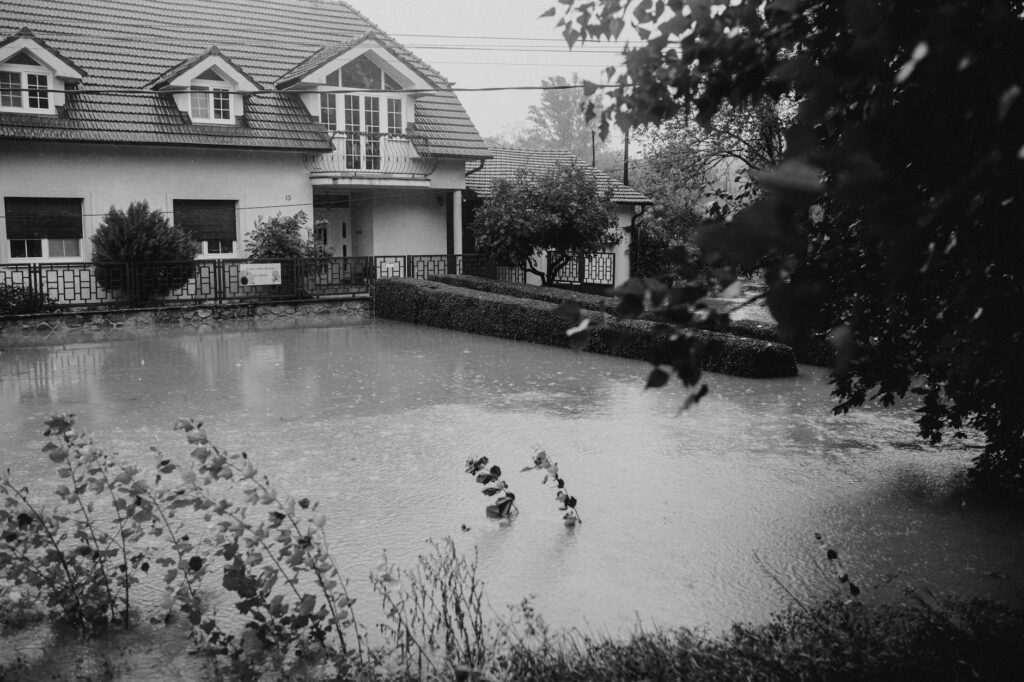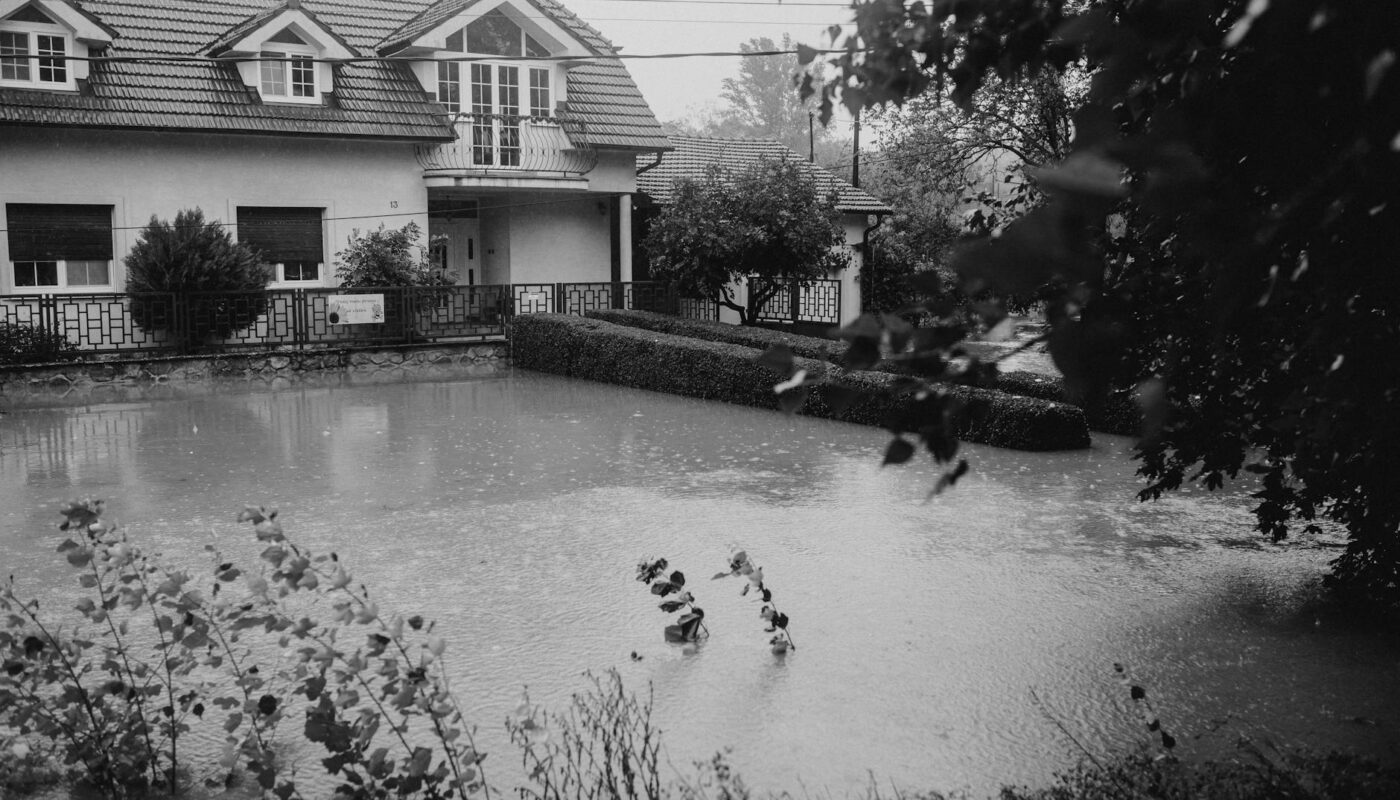Choosing the right insurance can be confusing, but it’s a crucial step in protecting your most valuable asset: your home. Whether you’re a homeowner or a renter, understanding the differences and benefits of each type of insurance is key to securing your peace of mind. This guide will break down the essentials of homeowners and renters insurance, helping you make informed decisions.
Homeowners Insurance: Protecting Your Investment
Homeowners insurance is designed to protect your house and its contents from various risks. This includes damage from fire, theft, vandalism, and even certain weather events. The coverage typically includes dwelling protection (the structure of your home), personal property (your belongings), liability protection (if someone gets injured on your property), and additional living expenses (if you’re displaced due to a covered event). It’s vital to choose a policy with adequate coverage to reflect the value of your home and possessions. 
Renters Insurance: Essential Protection for Renters
Many renters mistakenly believe they don’t need insurance. However, renters insurance is surprisingly affordable and offers crucial protection for your personal belongings. It covers your furniture, electronics, clothing, and other items against theft, fire, or water damage. More importantly, it also provides liability coverage, protecting you if someone is injured in your apartment. Consider it a small price to pay for the significant peace of mind it offers. 
Understanding Coverage Limits and Deductibles
Both homeowners and renters insurance policies involve coverage limits and deductibles. Understanding these terms is crucial. Coverage limits represent the maximum amount the insurance company will pay for a covered claim. Deductibles are the amount you pay out-of-pocket before your insurance coverage kicks in. Choosing the right balance between coverage limits and deductibles is a personal decision, often influenced by your financial situation and risk tolerance. It’s a good idea to consult with an insurance professional to determine what’s best for you.
Key Differences Between Homeowners and Renters Insurance
The main difference lies in what each policy covers. Homeowners insurance protects the structure of the home itself, while renters insurance focuses on the contents within the dwelling. Homeowners also typically have liability coverage for their property, a key component not always included in other insurance types. Understanding these core distinctions will make choosing the right policy much easier. Learn more about coverage options here.
Finding the Right Policy for Your Needs
Several factors influence the cost and coverage of your insurance, including your location, the value of your property, and your claims history. It’s essential to shop around and compare quotes from different insurers. Don’t be afraid to negotiate and ask questions. Understanding the fine print is essential to make sure you’re adequately protected. You can also use online comparison tools to make the process simpler. [IMAGE_3_HERE]
The Importance of Regular Reviews
Your insurance needs can change over time. As your possessions increase in value, or as your lifestyle changes, it’s crucial to review your policy periodically. This ensures that you have adequate coverage to meet your needs. Contacting your insurer for a policy review is recommended at least once a year, or whenever significant life changes occur. Compare insurance providers here.
By carefully weighing your options and understanding the nuances of homeowners and renters insurance, you can confidently protect your home and belongings. Remember, peace of mind is invaluable.
Frequently Asked Questions
What is the difference between actual cash value and replacement cost coverage? Actual cash value considers depreciation, while replacement cost covers the full cost of replacement, regardless of age.
How do I choose the right deductible? A higher deductible lowers your premiums, but you pay more out-of-pocket in case of a claim. Consider your financial comfort level.
What are some common exclusions in homeowners/renters insurance? Many policies exclude coverage for flood damage and earthquake damage. These usually require separate policies.
What documents do I need to file a claim? You’ll generally need proof of ownership, photos of the damage, and receipts for any lost or damaged items. Check with your insurer for specifics.
Can I add coverage for specific items of high value? Yes, you can often add a rider or endorsement to your policy to cover valuable items like jewelry or artwork.



